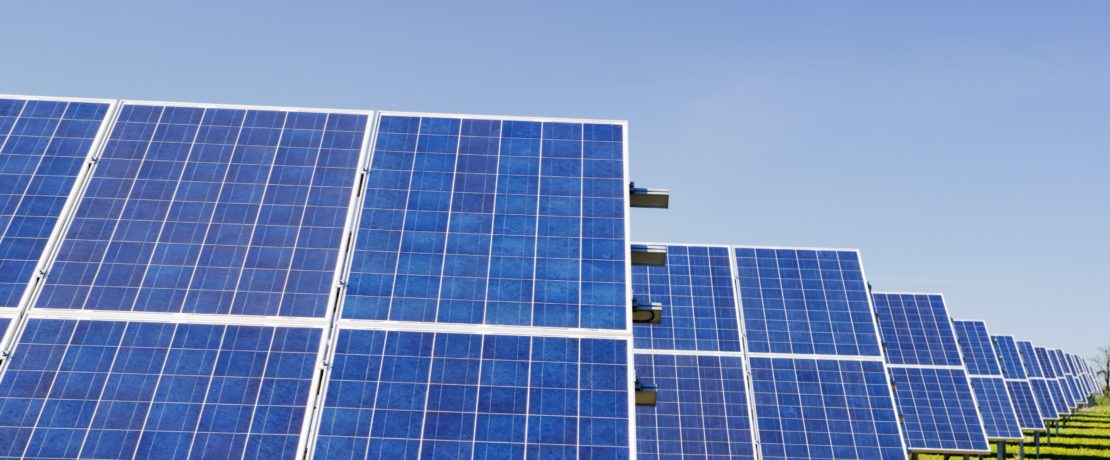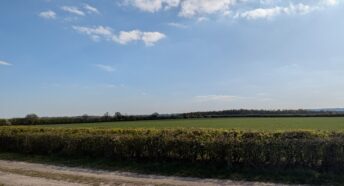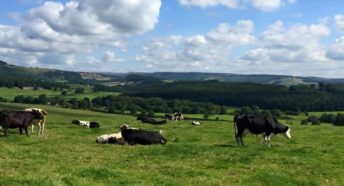Making our case on three large-scale solar farms in open countryside
We believe recently submitted applications to Amber Valley, North East Derbyshire and South Derbyshire district councils risk obliterating local landscape character and impacting adversely on the local environment. There are more such applications in the offing.
We celebrated the recent decision of Amber Valley Borough Council to turn down the proposal for a huge solar farm near Alfreton, citing many of the concerns we raised in our letter of objection. The adjacent proposal at Delves Farm, Shirland, just north of the Alfreton site, has yet to be determined, but there are hundreds of objections, including from Derbyshire County Council, so we are hopeful that this will be refused, too.
Now, another application for a giant solar farm on open countryside near Lullington in South Derbyshire has gone into South Derbyshire District Council. Just like the other two, it would cover a huge area of agricultural land and destroy the character of the local countryside. Although some studies have suggested that solar farms could be a catalyst for improving biodiversity, we have seen no evidence that this is the intention of this or similar proposals, so we have submitted an objection.
We know that other large solar farm applications are in the pipeline across Derbyshire. As always, we will consider each one on a case by case basis. Some we have considered are adjacent to main roads or industrial areas, and are not highly visible in the landscape, so we have not objected to these, or have suggested improvements. We do not want to give the impression that we are against renewable energy installations – far from it. But we want to see a planned strategic approach to these installations, with meaningful local consultation. We do not believe that national renewable energy policy should rely simply on the whim of landowners and developers pursuing profitable alternatives to agriculture.
We recently developed Derbyshire CPRE’s policy statement on renewable energy developments. It seemed important for us to have a clear evidence-based point of view on such developments particularly in light of many new applications and proposals springing up in Derbyshire and right across the country as the UK becomes increasingly serious about leadership on climate change mitigation and the reduction of carbon emissions.
Our policy makes clear our in-principle support for increased investment and contribution into renewable sources of energy, but we are equally adamant this does not have to involve any increased threat to our precious green spaces and open countryside. We simply cannot trash one environmental asset for the sake of another – that defeats the purpose! And our countryside, landscapes (and equitable access to them) are critical for our own wellbeing and that of nature and the planet.
Many local people stated in their objections too all the proposals that the applicants have neglected their obligation to robustly consult the community. Our view at CPRE Derbyshire is that such development applications need, at a minimum, realistic visualisations showing the impact of the development once built and a clear statement of community benefit, including biodiversity enhancement.
Renewables developments are significant industrial installations which need very careful consideration of their siting and scale. The policy of brownfield first (previously developed and derelict land) should apply to them, just as it would for any other industrial buildings, even if the set up costs for solar companies may be somewhat higher when using previously built sites.
Special and distinctive countryside that’s highly valued by people and wildlife does not need to be sacrificed and we will be on the look-out to oppose any renewables development that presents such a risk.








